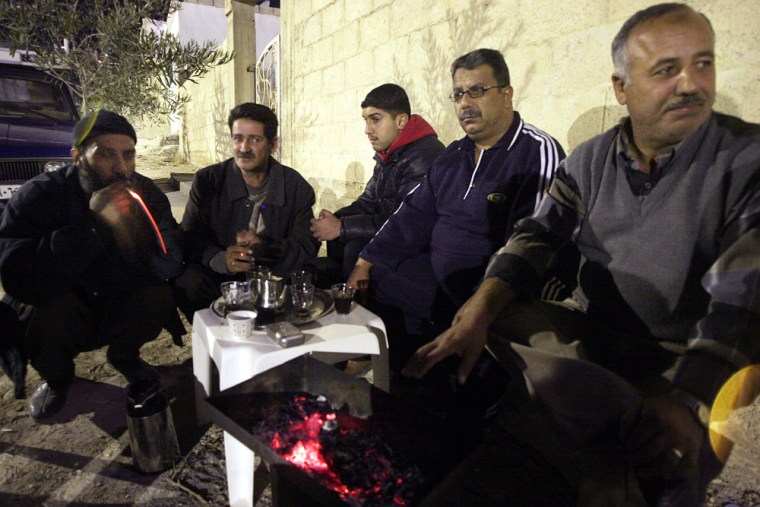In this rundown industrial town where the al-Qaida leader Abu Musab al-Zarqawi was born, residents expressed anger, skepticism and dismay Saturday that one of their own could be behind Amman’s triple bombings that killed 57 people, mostly Arabs and Muslims.
“If there were still any people with any sympathy left for al-Zarqawi, it’s gone now. It has backfired on him,” said Zuheir Najjar, 45. “What does an attack on a wedding with women and children have to do with fighting the Americans?”
Al-Zarqawi’s group, al-Qaida in Iraq, sought in a Web statement to justify the attacks, accusing Jordan’s government of launching a war on Islam and supporting the U.S. presence in Iraq.
‘Heretic’
But in the desert town of Zarqa, 15 miles northeast of the capital Amman, many regarded Wednesday’s bloody attacks as a barbaric act that had nothing to do with Islam.
“Any person who would do such an act must be considered a heretic,” said Abu Ibrahim, a 56-year-old merchant standing outside his shop, several hundred yards from al-Zarqawi’s high-walled house, where his relatives still live.
A small light was on at al-Zarqawi’s two-story family home and shoes were seen at the doorstep, but nobody answered reporters who came knocking on their door Saturday.
Close by, neighbors sat warming themselves around a metal bin filled with flaming coals, drinking tea and coffee and discussing politics.
Conspiracy theories
Some voiced anger of al-Zarqawi’s attack on fellow Jordanians, but others were unsure that he was involved at all, saying it could have been a bogus claim.
Others blamed Israel, which despite its 1994 peace treaty with Jordan is still seen as a pariah by many here, who trace their roots back to the Israeli-occupied Palestinian territories.
“I don’t even know if the man is still alive or not,” Abed el-Momany said of al-Zarqawi. “I would not discount the Israeli Mossad. Israel is the worm in the Arab world,” he added.
Ayman Tawalby, sitting cross legged on the ground and stroking his Osama bin Laden-style beard, said he opposed any terrorist attacks inside Jordan.
“I support the resistance against the Americans in Iraq and against the Israelis everywhere,” said the unemployed 47-year-old. “Those are our enemies. But I don’t support bombing innocent civilians.”
In the town’s center, Nabil Daoud said he supported bin Laden when he fought the Soviets and, later, the Americans in Afghanistan, just like he backed al-Zarqawi’s insurgency against the U.S.-led occupation in Iraq.
“But when they started targeting Muslims, I stopped sympathizing with them,” said Daoud, who is in his early 20s. “I don’t understand it anymore.”
